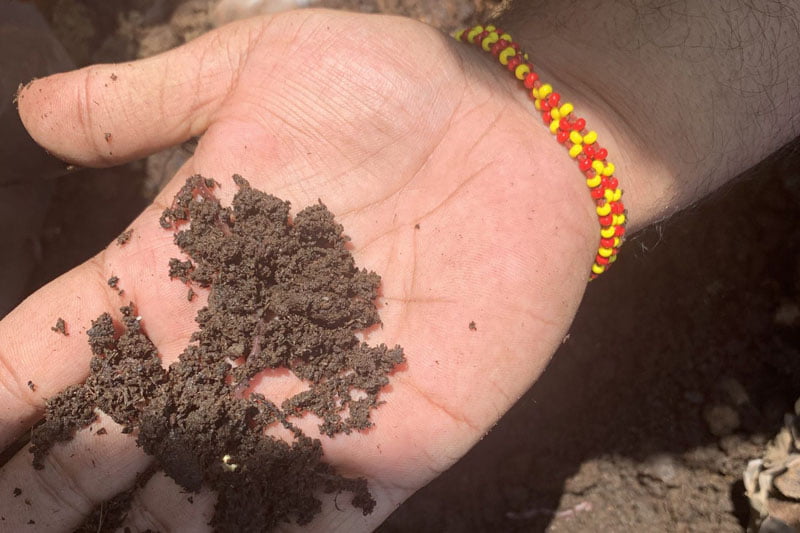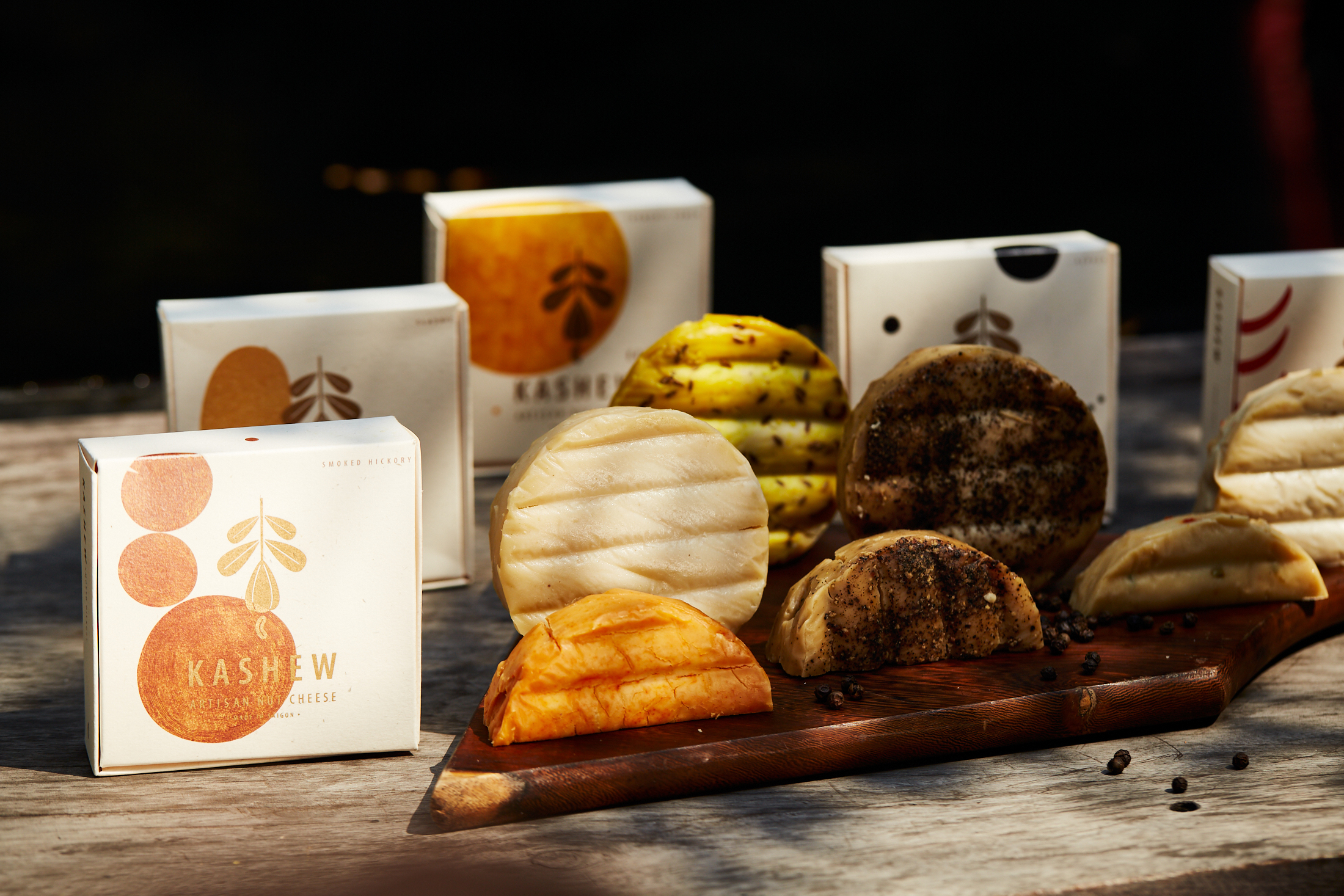Organic matter(s)
One of the large contributors to greenhouse gasses are synthetic/chemical pesticides and fertilizers, hence it is important for organic farmers to find other solutions to maintain soil fertility – “feed to soil to feed the plant”. This has to be done with an organic approach.
Healthy soil supports the crops obtaining nitrogen, phosphorus and other much needed nutrients to grow crops in the most natural and healthy way.
Nitrogen:
Nitrogen is vital to the healthy growing plants as it is part of the photosynthesis. Nitrogen is a major component of chlorophyll. Chlorophyll is the compound by which crops use sunlight to produce sugar from water and carbon dioxide. Nitrogen is the nutrient that helps the crop grow creating larger yields.
Without nitrogen the crop will not be able to make proteins and amino acids and as a result the crop turns yellow and taunted.
As nitrogen is increasing the growth rate of the crop, it is a much desired means of fertilizer in conventional farming. It has often been used from the point of view: “the more the better” which is far from the truth. Yes the crop will grow and it will grow rapidly, but and this is a huge but, it has a lot of undesirable consequences for our planet.
Too much nitrogen fertilizer will degrade the soil, lead into the groundwater and cause contamination. It will leach emission of nitrous oxide (greenhouse gas).
Phosphorus:
Again it is a matter of the right quantity when using phosphorus as it is vital to crop growth. And it does not have to come in a chemical formula either. Natural phosphorus is found in each cell of the crops and as with nitrogen it transfers energy (part of the photosynthesis). Further it helps to improve the crop quality and increase the root growth maturing the crop earlier.
Adding extensive amounts of phosphorus is not making the crops grow faster on the contrary, crops will grow poorly and may even die. Too much phosphorus in the soil will reduce the crops’ ability to benefit from the required micronutrients (iron and zinc predominantly).
How to make organic matters?
As with most things in life “less is more”, there has to be a balance, and the good news is, that in this case fertilizing can all be done without the use of chemicals. When farming without the use of synthetic fertilizer composting; plants and manure is probably the best way to go.
You may recall mention of our recent visit to one of our partner farms run by Pratul, this is his solution to using organic fertilizers it is called vermin-composting and composting:
“Vermi-composting: It’s a process of converting cow-dung into dark brown manure, with the help of red-wigglers (worms). A few important points are that we cannot use the fresh cow dung, as the worms will die because of high temperature. Also, the cow dung should not be very liquidy.
Once we have the semi-solid cow dung, we just leave the worms and within 1 month it gets converted into dark brown vermicompost. Since, It is so rich in nutrients, it is also called black gold for plants.”
“Composting: it is a process of decaying dry fallen leaves mixed with green leaves (3:1) and cow dung. We mix all the ingredients and cover it with a tarpaulin for about 100 days to let it decay with its own heat. After about 100 days, we have a nice, earthy, dark black-brown’ish color compost which serves as a nice natural fertilizer.
It helps maintaining the carbon-nitrogen balance in the soil. We have successfully made more than 4 tons of compost from leaves and cow dung.”
In sum it is all a matter of keeping a healthy soil balance without the use of synthetic fertilizers. Healthy soil helps crops obtain natural nitrogen and phosphorus and thereby we get the most amazing produce.
Email: info@bynature.vn
Website: bynature.vn




